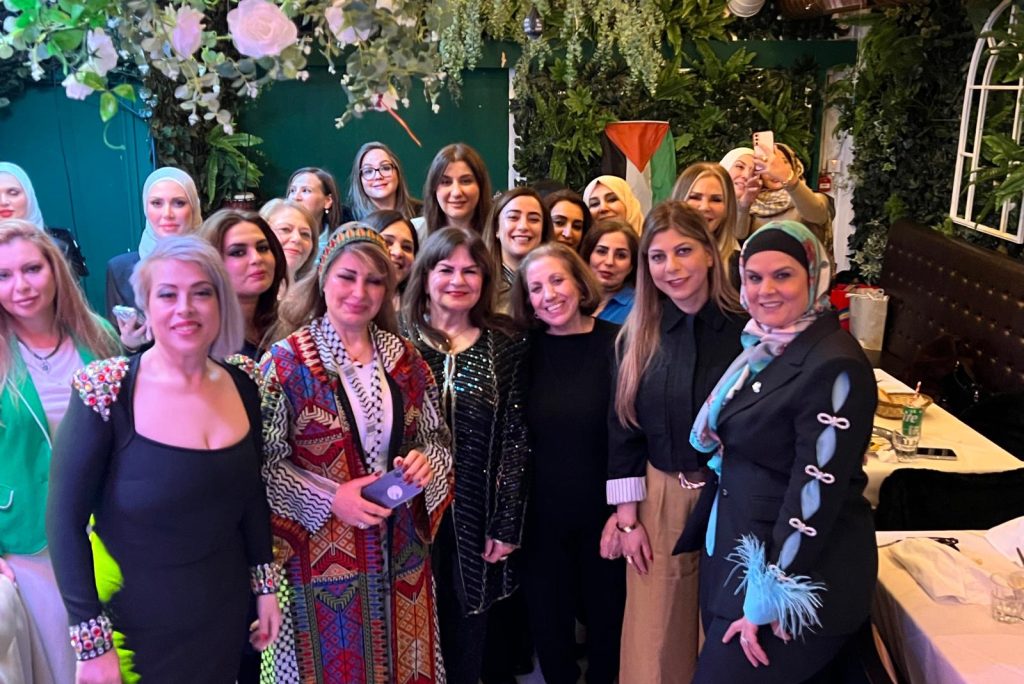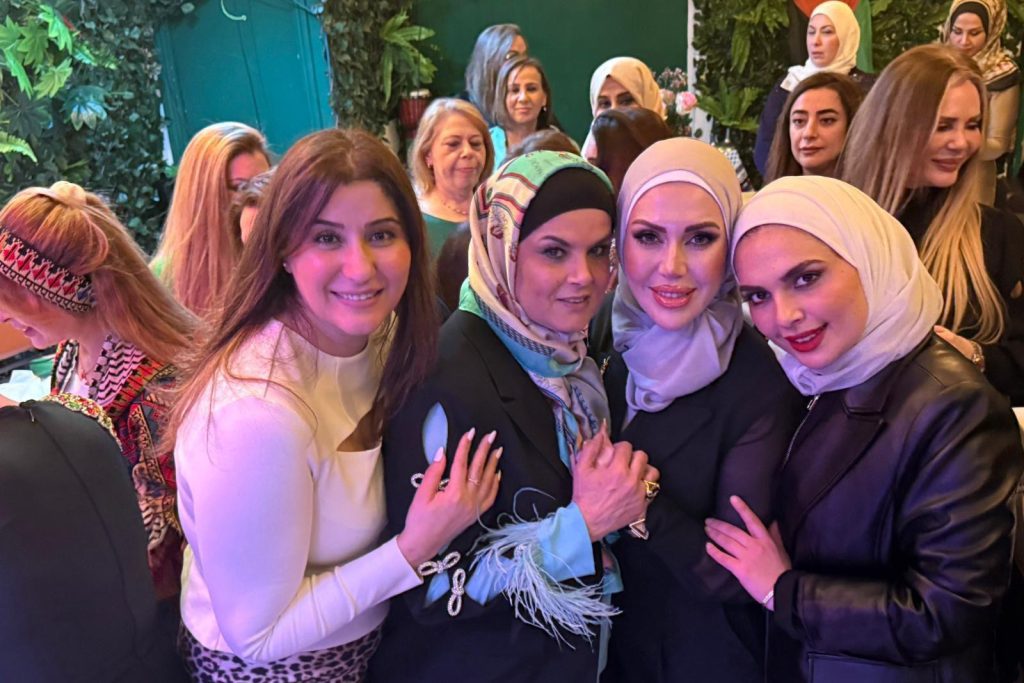In a world that is becoming increasingly interconnected yet often fragmented, cultural celebrations serve as powerful reminders of our shared heritage and communal identity. These traditions, passed down through generations, provide more than just festive occasions; they foster unity, strengthen bonds, and cultivate a sense of belonging. Preserving Heritage and Identity Cultural celebrations play a vital role in preserving history, customs, and traditions. They allow communities to honor their roots, ensuring that future generations remain connected to their ancestry. Festivals, national days, and traditional gatherings serve as living archives of cultural identity, reinforcing the values and beliefs that define a group of people. Fostering Unity and Inclusivity One of the greatest strengths of cultural celebrations is their ability to bring people together, regardless of age, background, or social status. Whether it is a religious festival, a national holiday, or a community event, these occasions promote inclusivity and understanding. They create spaces where people can share stories, food, music, and traditions, strengthening relationships and building a sense of unity within the community. Bridging Generational Gaps Cultural festivities provide an opportunity for older generations to pass down wisdom, stories, and customs to younger members of the community. Grandparents and elders often play a central role in these celebrations, teaching children about the significance of rituals, symbols, and traditional practices. This interaction fosters respect for cultural heritage and ensures its continuity. Promoting Cultural Exchange and Awareness In diverse societies, cultural celebrations offer a chance to learn about and appreciate different traditions. When communities invite others to participate in their festivities, it fosters cross-cultural understanding and reduces prejudice. Embracing diverse cultural expressions enriches societies, making them more harmonious and accepting of differences. Boosting Community Well-being and Economic Growth Beyond their social benefits, cultural celebrations also contribute to community well-being by providing moments of joy and relaxation. These events boost morale, reduce stress, and enhance collective happiness. Additionally, cultural festivities often stimulate local economies by attracting tourism, creating jobs, and supporting small businesses, making them economically beneficial as well. Conclusion Cultural celebrations are more than just festive occasions; they are the glue that binds communities together. By preserving heritage, fostering unity, bridging generational gaps, promoting inclusivity, and contributing to economic well-being, these events play a crucial role in maintaining the fabric of society. As we continue to navigate an ever-changing world, embracing and honoring cultural traditions will remain essential in building stronger, more connected communities.




